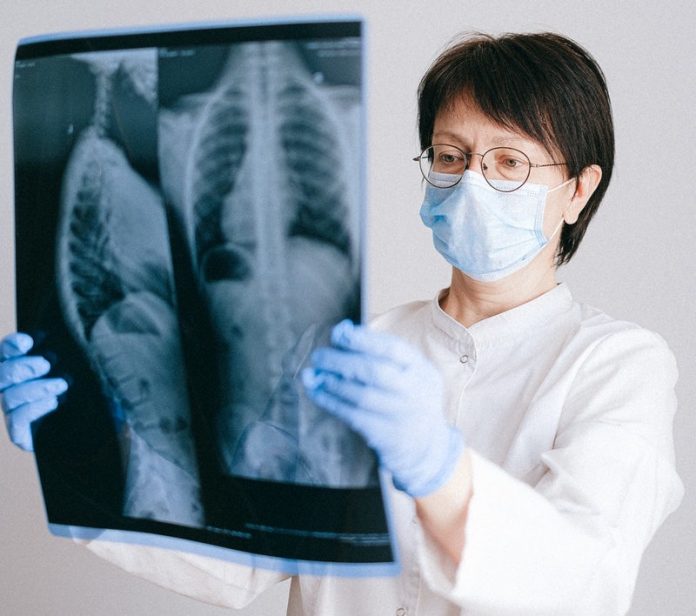
In a new study from Wuhan, China, researchers found most symptoms of COVID-19 in hospitalized patients are resolved within 12 months, however, around one-half still experience at least one persistent symptom.
Around one in three people still experienced shortness of breath and lung impairments persisted in some patients, especially those who had experienced the most severe illness with COVID-19.
Overall, COVID-19 survivors were less healthy than people from the wider community who had not been infected with the SARS-CoV-2 virus.
The long-term effects of COVID-19 have been widely reported and are an increasing concern.
The new study includes 1,276 patients from the same cohort to assess their health status after 12 months.
Patients had been discharged from Jin Yin-tan Hospital in Wuhan, China, between 7 January and 29 May 2020.
They underwent detailed health checks at six and 12 months to assess any ongoing symptoms and their health-related quality of life.
These included face-to-face questionnaires, physical examinations, lab tests, and a six-minute walking test to gauge patients’ endurance levels.
The average age of patients included in the study was 57 years. Patient outcomes were tracked for an average (median) of 185 days (six-month check) and 349 days (12-month check).
The team found many symptoms resolved over time, regardless of the severity of the initial COVID-19 disease.
The proportion of patients still experiencing at least one symptom after one year fell from 68% at six months to 49% at 12 months.
This decrease was found regardless of the severity of COVID-19 the patients had experienced when hospitalized.
Fatigue or muscle weakness was the most commonly reported symptom with around half of patients experiencing this at six months, falling to one in five patients at one year.
Almost one-third of patients reported experiencing shortness of breath at 12 months, which was slightly higher than at six months.
The team also found many patients experiencing diffusion impairment did not improve from six months to 12 months and this was seen across all groups regardless of how ill they had been when hospitalized.
Many showed lung abnormalities on their CT scan and were offered a repeat scan at 12 months.
Compared with men, women were 1.4 times more likely to report fatigue or muscle weakness, twice as likely to report anxiety or depression, and almost three times as likely to have lung diffusion impairment after 12 months.
The authors say these findings will be important to follow up in future research to better understand why COVID-19 symptoms persist in some people.
If you care about COVID, please read studies about people with this health problem three times more likely to die in COVID-19 and findings of two-drug combo that treats COVID-19 effectively.
For more information about COVID and your health, please see recent studies about nasal spray preventing COVID-19 is also effective against common cold, COPD and results showing that two-thirds of COVID-19 hospitalizations are due to these 4 health problems.
The study is published in The Lancet. One author of the study is Professor Bin Cao.
Copyright © 2021 Knowridge Science Report. All rights reserved.



